Concerns are mounting within the UK's Muslim community regarding significant delays in the certification of deaths, particularly during weekends and public holidays. These delays are causing considerable distress to bereaved families due to the Islamic tradition that necessitates the burial of the deceased as swiftly as possible, ideally within 24 hours of passing.
Rangzaeb Iqbal, a volunteer who supports bereaved members of the Bradford Muslim community alongside his full-time role, has highlighted the frequent unavailability of General Practitioners (GPs) to complete the initial referral to a Medical Examiner (ME) during out-of-hours periods. This crucial referral is the first step in the new statutory ME system, which came into effect in England and Wales last September to provide independent scrutiny of all deaths not referred to a coroner. Without this initial GP referral, the Medical Examiner cannot proceed with the necessary scrutiny and subsequently issue a Medical Certificate of Cause of Death (MCCD).
Mr Iqbal explained the profound impact of these delays: "In cases where individuals with serious known illnesses or those receiving palliative care pass away during these out-of-hours periods, we are finding that GPs are often not available to complete the initial referral to a medical examiner (ME). Without this crucial step, the ME cannot proceed with scrutinising the death and issuing a medical certificate of cause of death. These delays add to the emotional burden families face, and the inability to honour burial customs within the expected timeframe deepens the pain of loss. In my role, I have witnessed first-hand the emotional and logistical challenges faced by families during these difficult times."
The Bradford District and Craven Health and Care Partnership acknowledged the importance of timely burials, stating through a spokesperson: "We have been working closely with healthcare professionals, so they are aware of the updated guidance relating to the issuing of certification of deaths. Locally, we have a long-standing community-centred approach to ensure burials take place as soon as possible so that people can meet religious or cultural duties. There are occasions where this might not be possible. Should this be the case the reasons for this should be explained to loved ones."
Despite these assurances, Mr Iqbal believes systemic improvements are necessary. He has written to various organisations and policymakers advocating for a "more reliable out-of-hours system for death certification." His proposals include the implementation of an on-call GP rota specifically for death certification or the establishment of a designated point of contact available during weekends and public holidays.
Mr Iqbal emphasized that his call for change is not about preferential treatment but about ensuring a more compassionate and responsive system that respects the diverse religious practices within the UK. "This is not a call for special treatment, but a modest and compassionate step toward recognising and accommodating the diverse religious practices of our citizens," he stated. "A more responsive system would uphold the dignity of the deceased and offer comfort to those left behind."
The current reliance on the standard GP out-of-hours service for death certification appears to be a key bottleneck. These services are often stretched, dealing with a wide range of urgent medical issues, which can lead to delays in prioritising death certification, particularly when the deceased had a known condition. The new Medical Examiner system, while intended to improve death certification processes overall, is evidently being hampered by these out-of-hours access issues.
Potential solutions to avoid these delays could involve several key strategies:
- Dedicated Out-of-Hours GP Rota for Death Certification: Establishing a specific rota of GPs who are available on weekends and public holidays solely for the purpose of completing the initial Medical Examiner referral. This would ensure that this critical first step is not delayed by the demands of routine out-of-hours medical care.
- Designated Point of Contact/Helpline: Creating a dedicated phone line or contact point that bereaved families or funeral directors can access during out-of-hours periods to initiate the death certification process. This could be staffed by trained administrative personnel who can then directly contact an on-call GP or Medical Examiner.
- Streamlined Electronic Referral System: Implementing a user-friendly electronic system that allows out-of-hours medical professionals (including designated nurses or paramedics in certain circumstances, under clear protocols) to securely and efficiently submit the initial referral information to the Medical Examiner. This could reduce reliance on individual GP availability.
- Enhanced Communication and Training: Providing clearer guidance and training to all healthcare professionals, including out-of-hours staff, on the specific requirements and urgency of death certification, particularly in cases where religious or cultural practices necessitate swift burial.
- Localised Protocols: Encouraging local health partnerships to develop specific protocols in collaboration with faith communities to ensure culturally sensitive and timely death certification processes are in place.
Addressing these systemic issues could significantly alleviate the emotional burden on bereaved families within the Muslim community and ensure that religious obligations regarding timely burial can be met with greater consistency. The calls for a more reliable out-of-hours system underscore the need for a sensitive and practical approach to death certification that respects the diverse cultural and religious needs of the UK population.
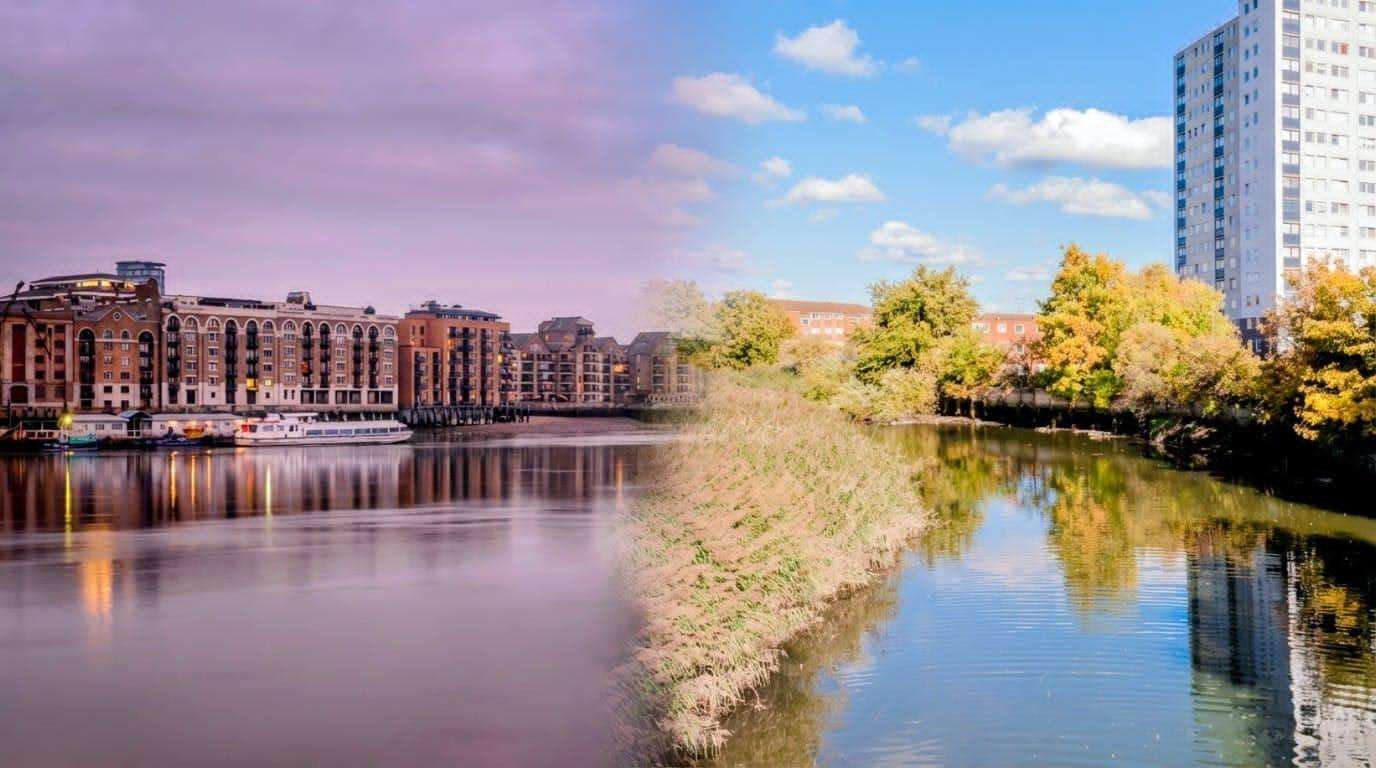
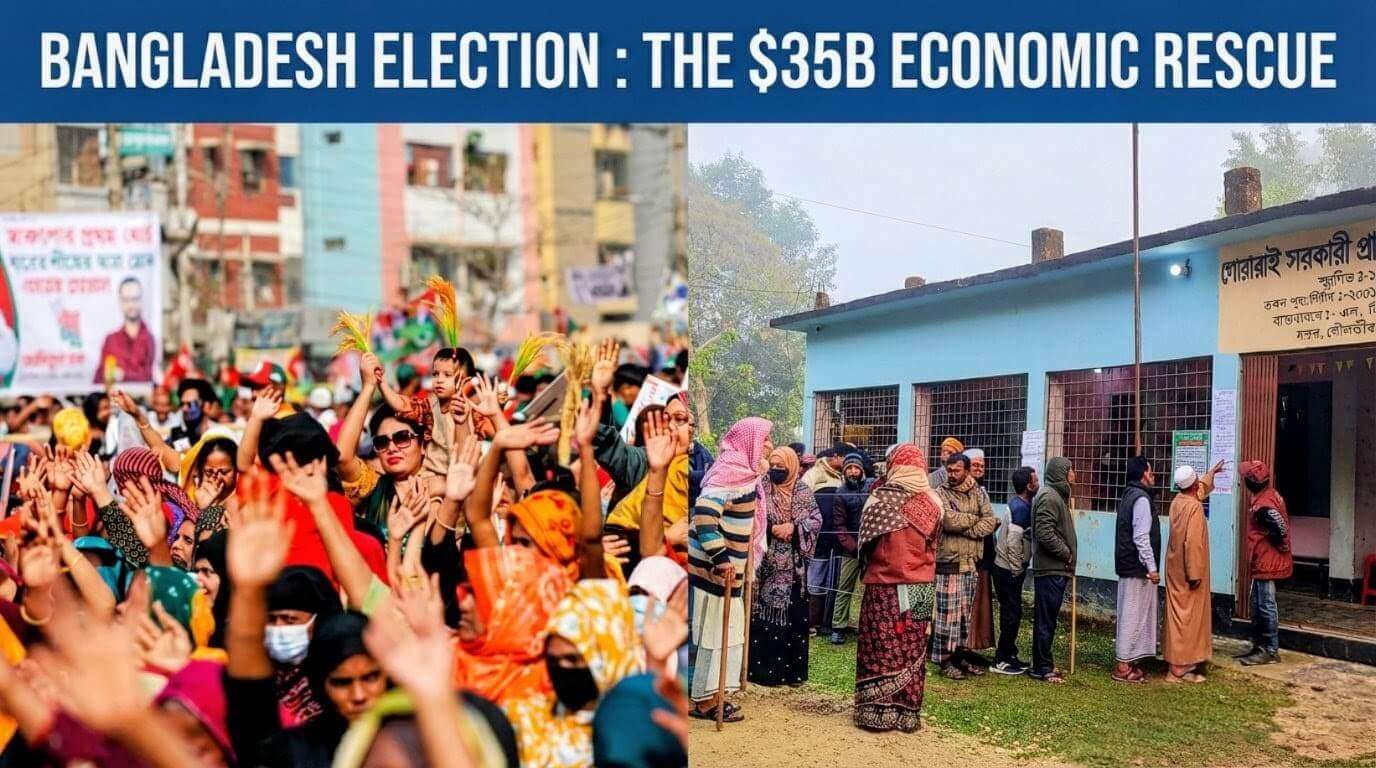
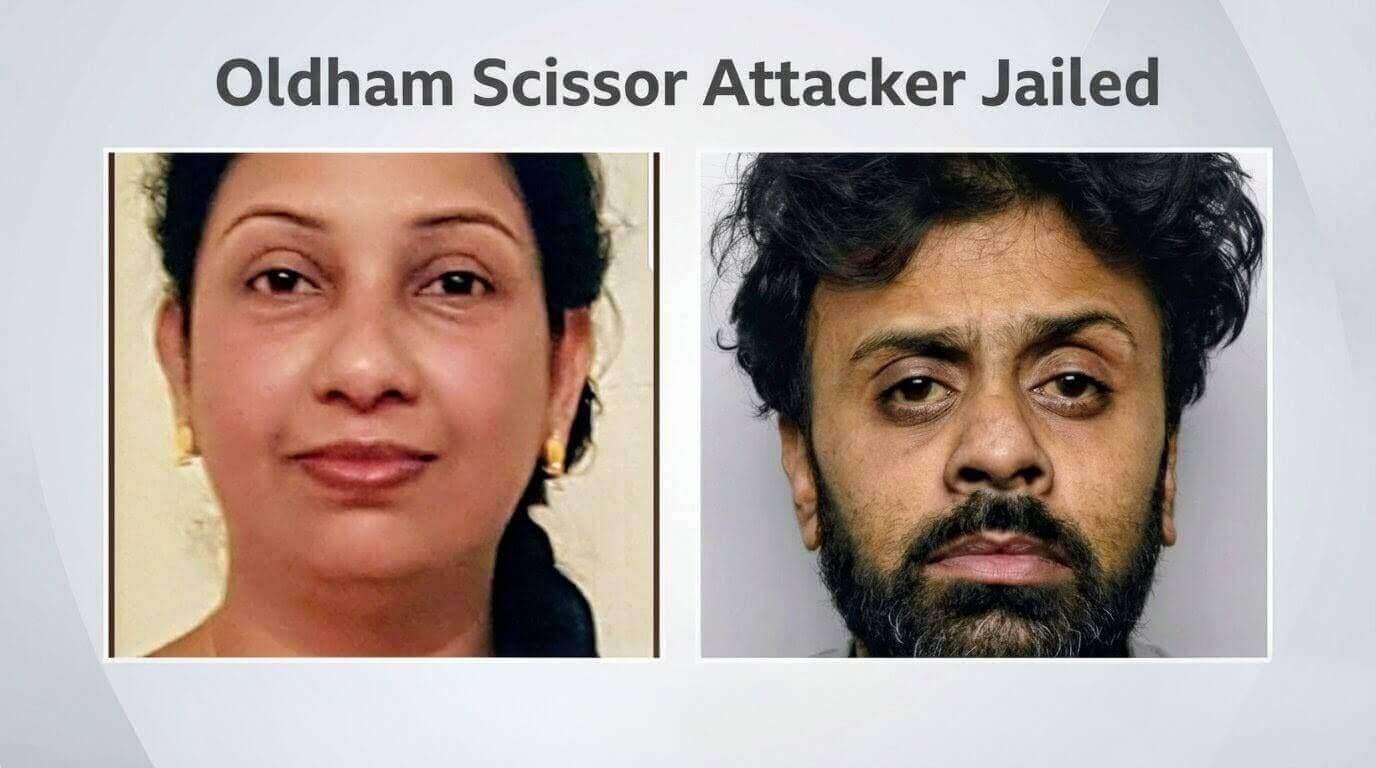
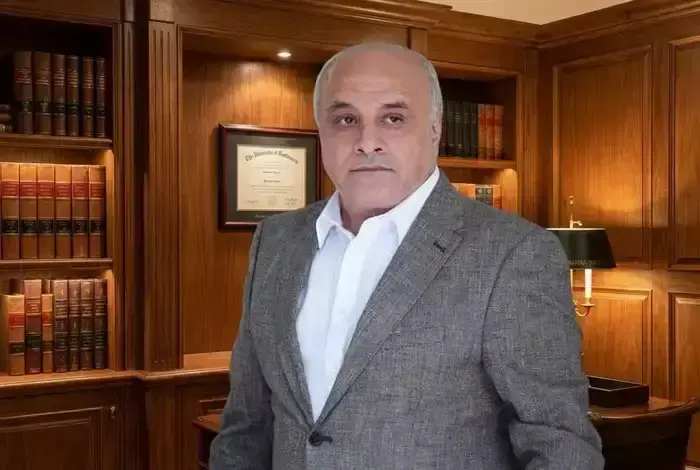



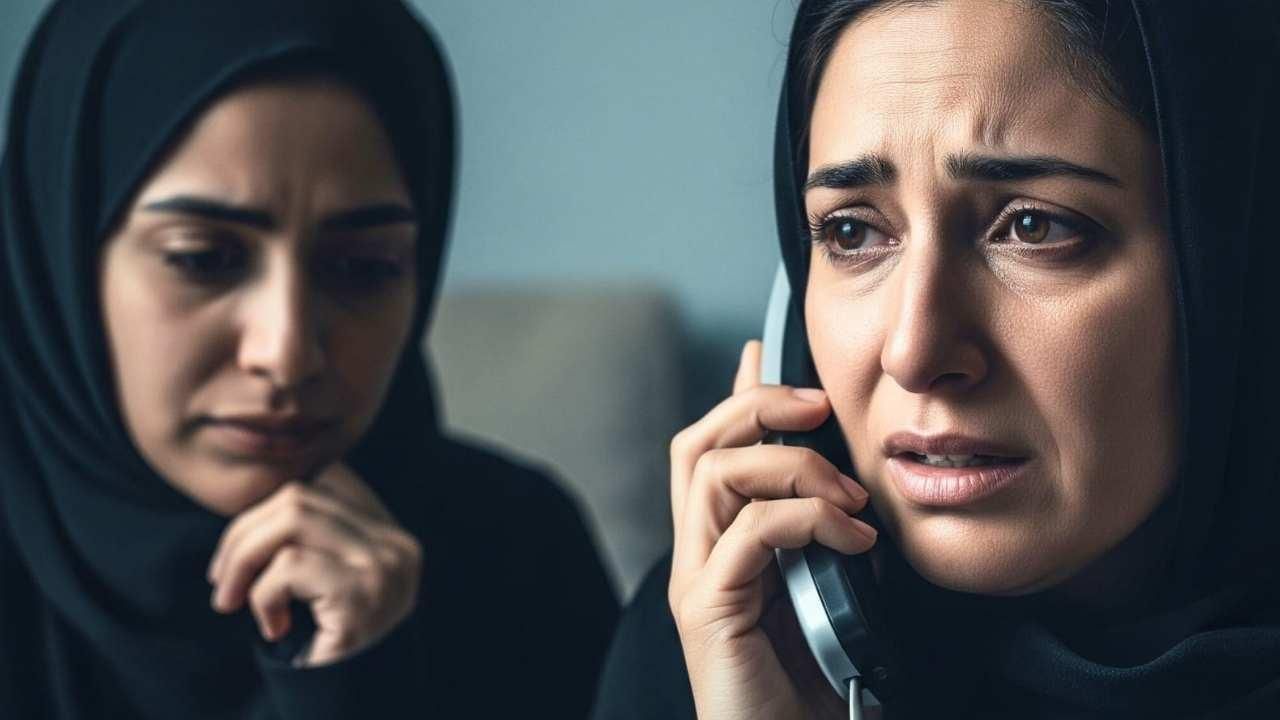
.svg)


